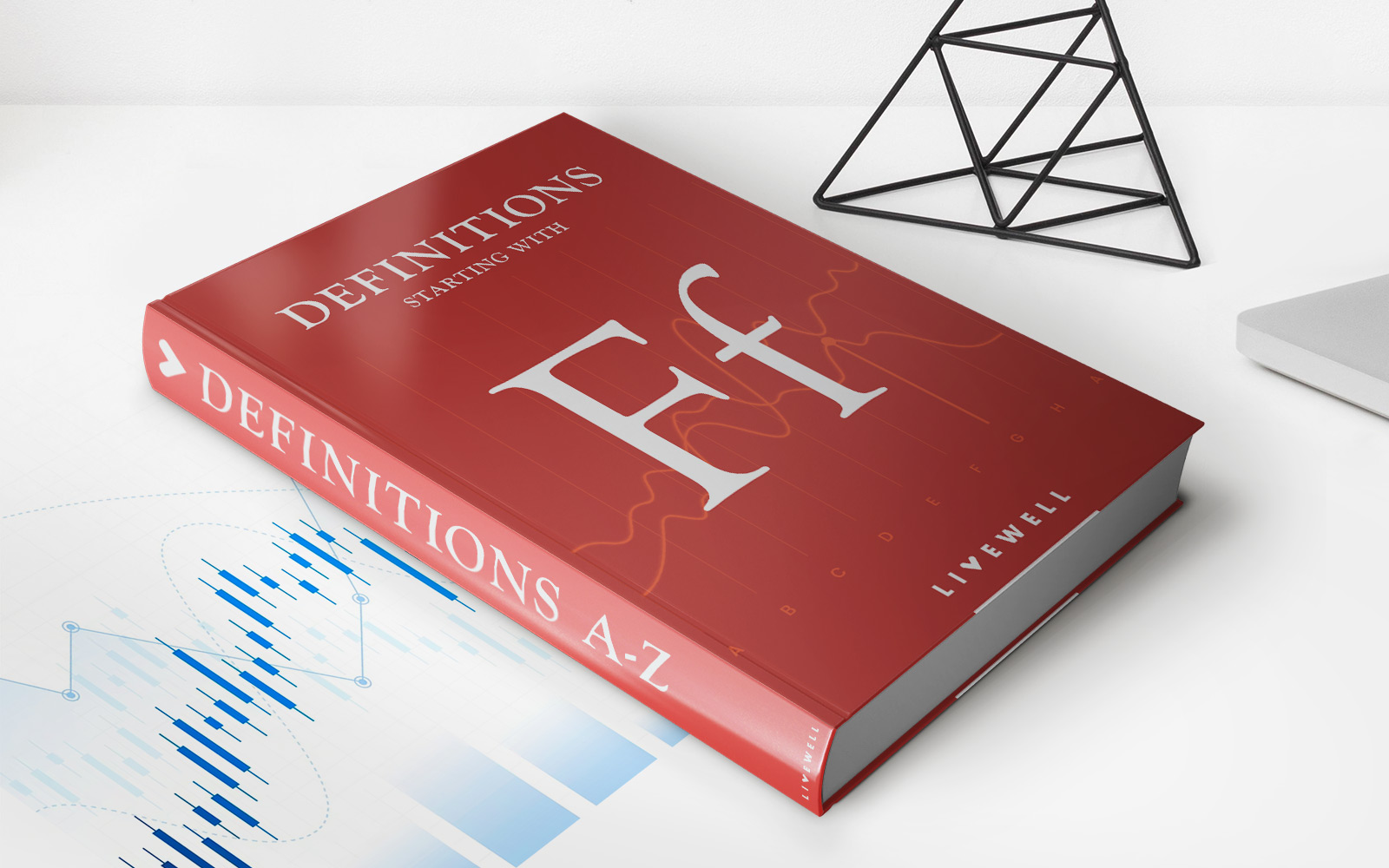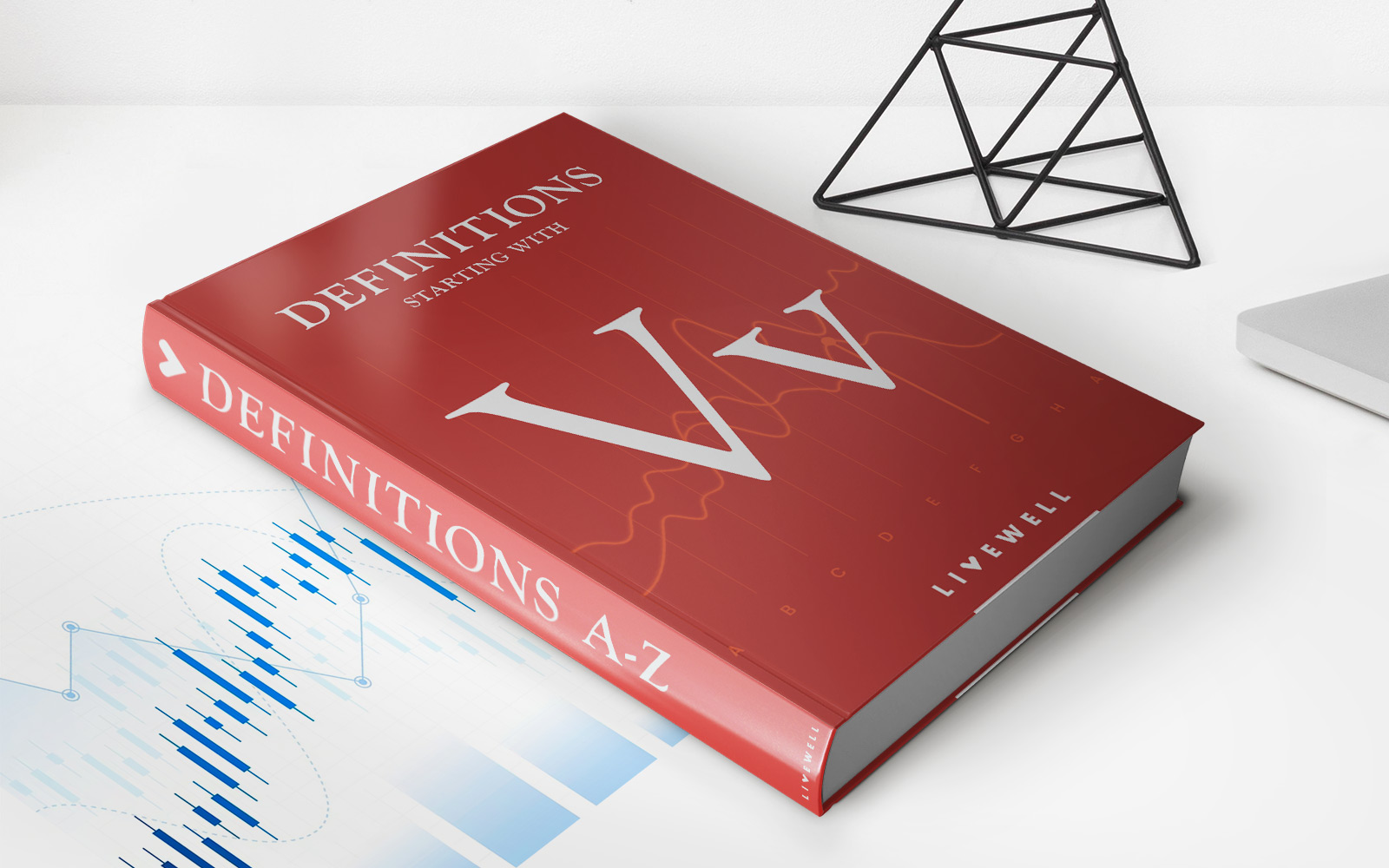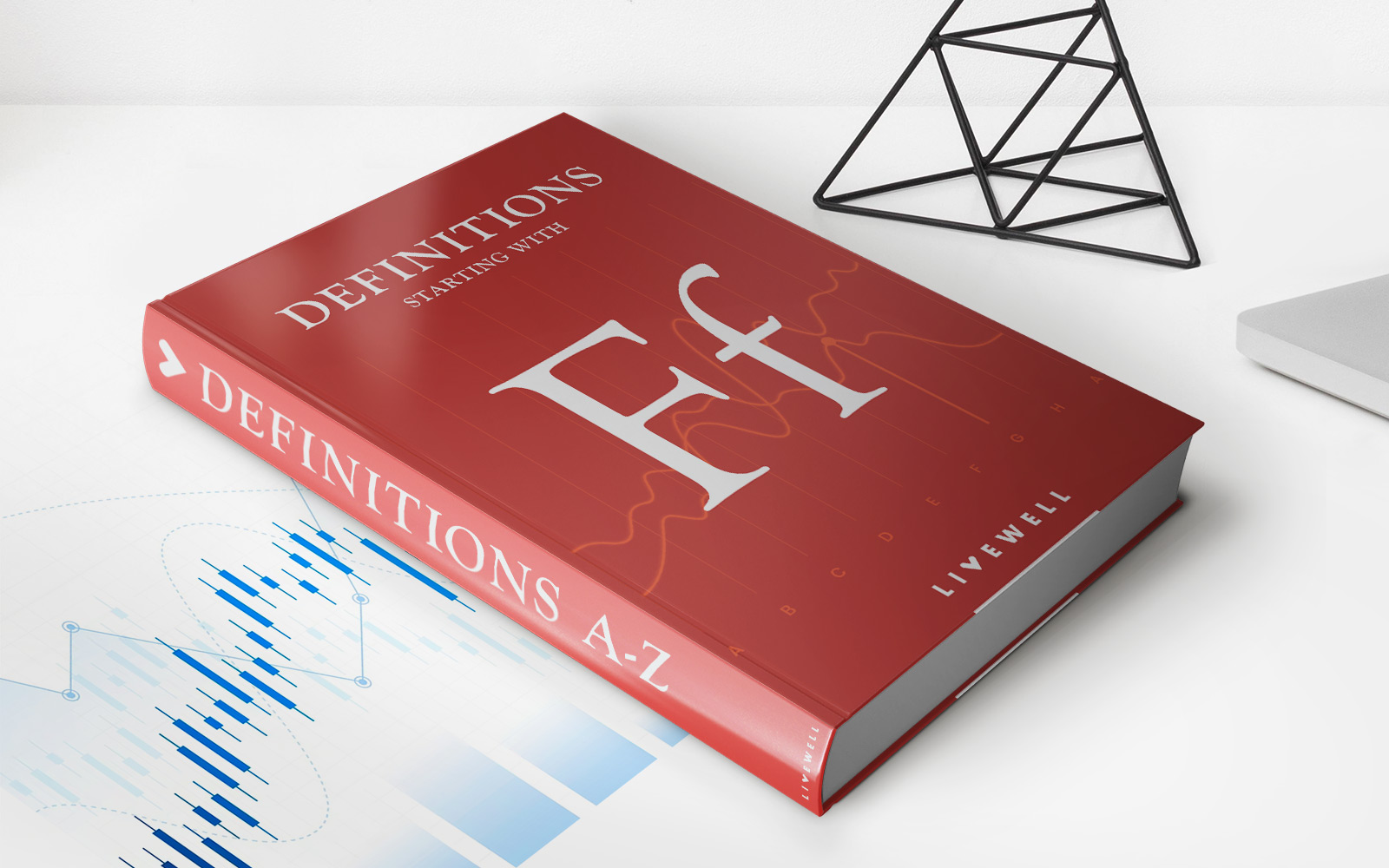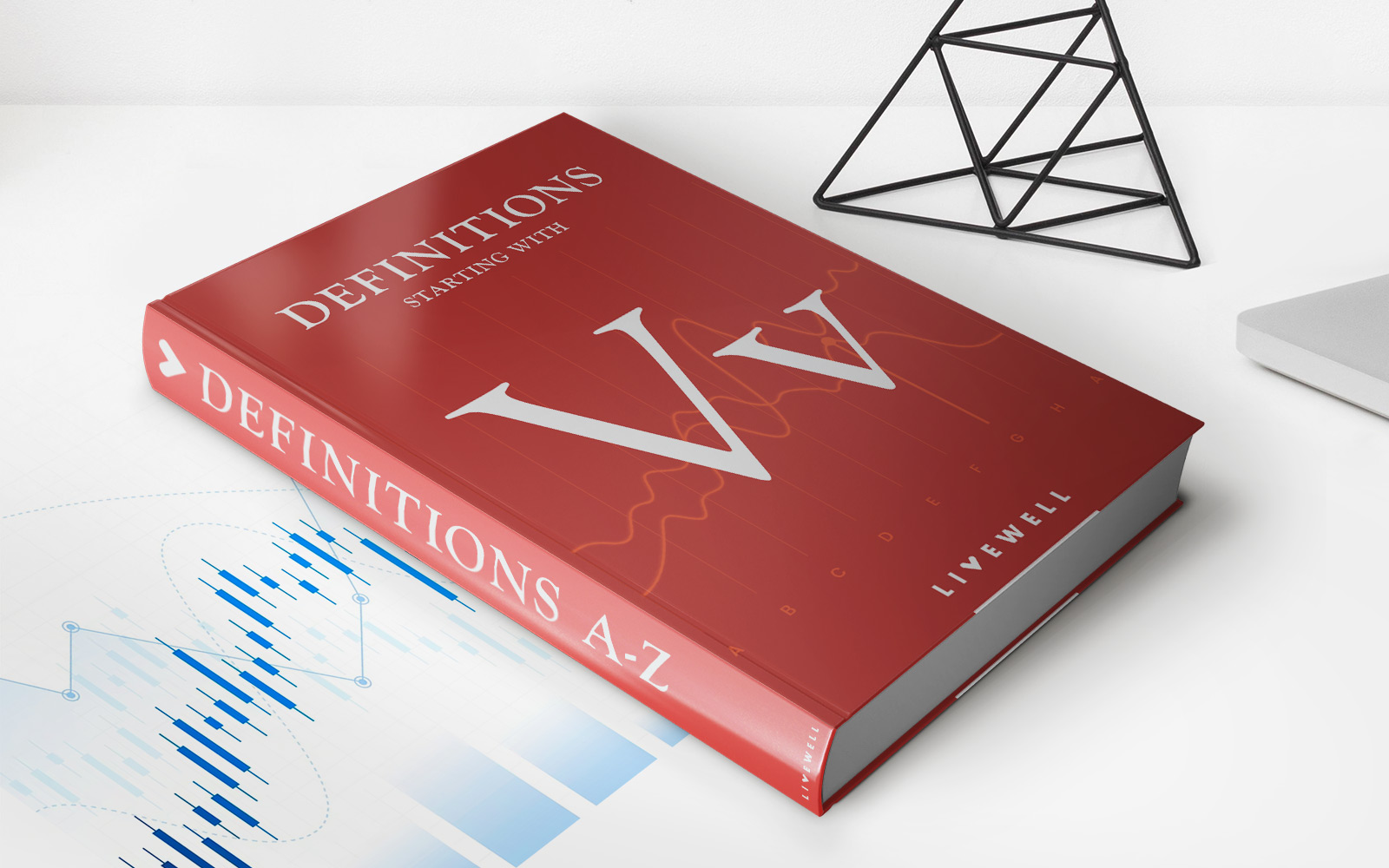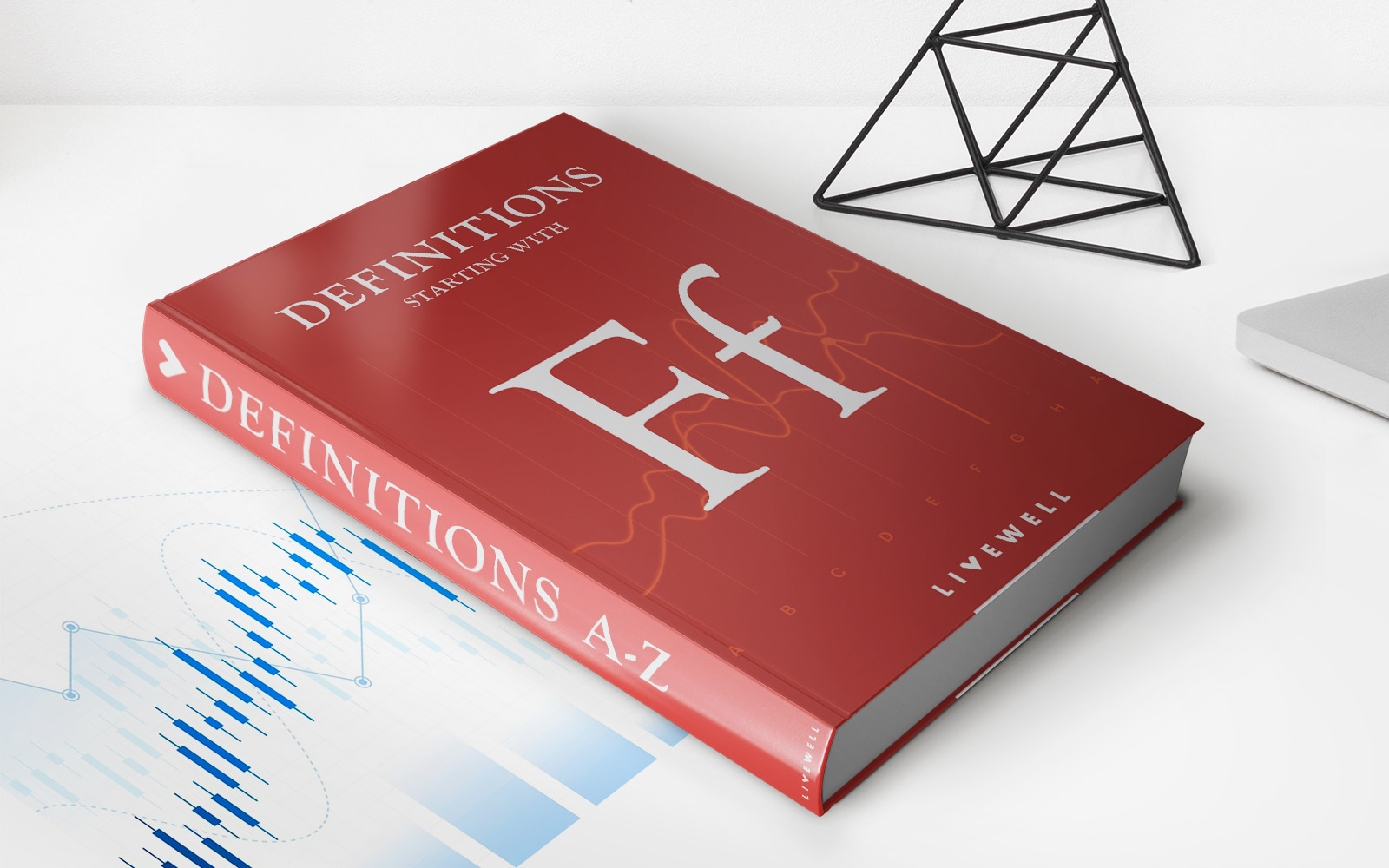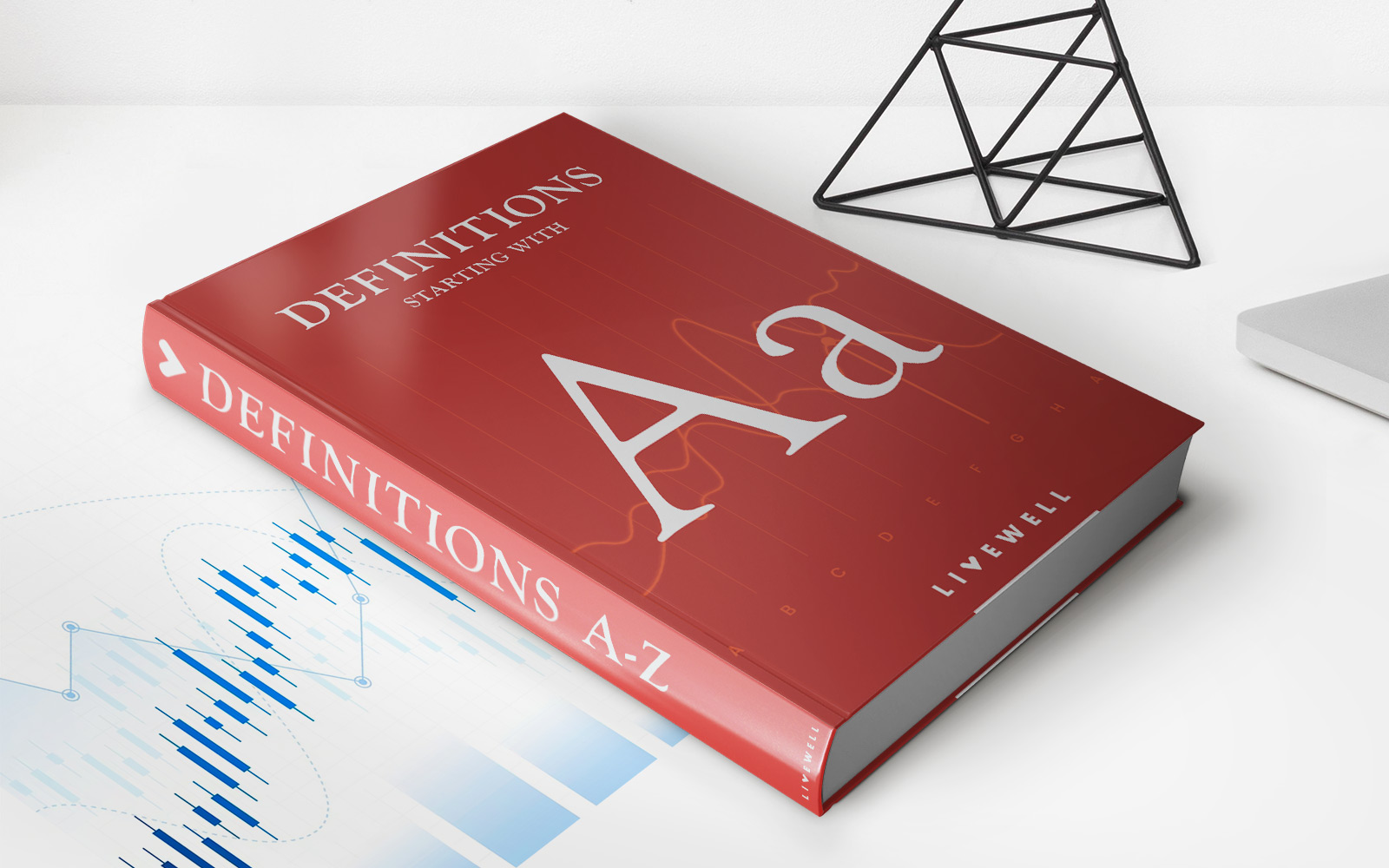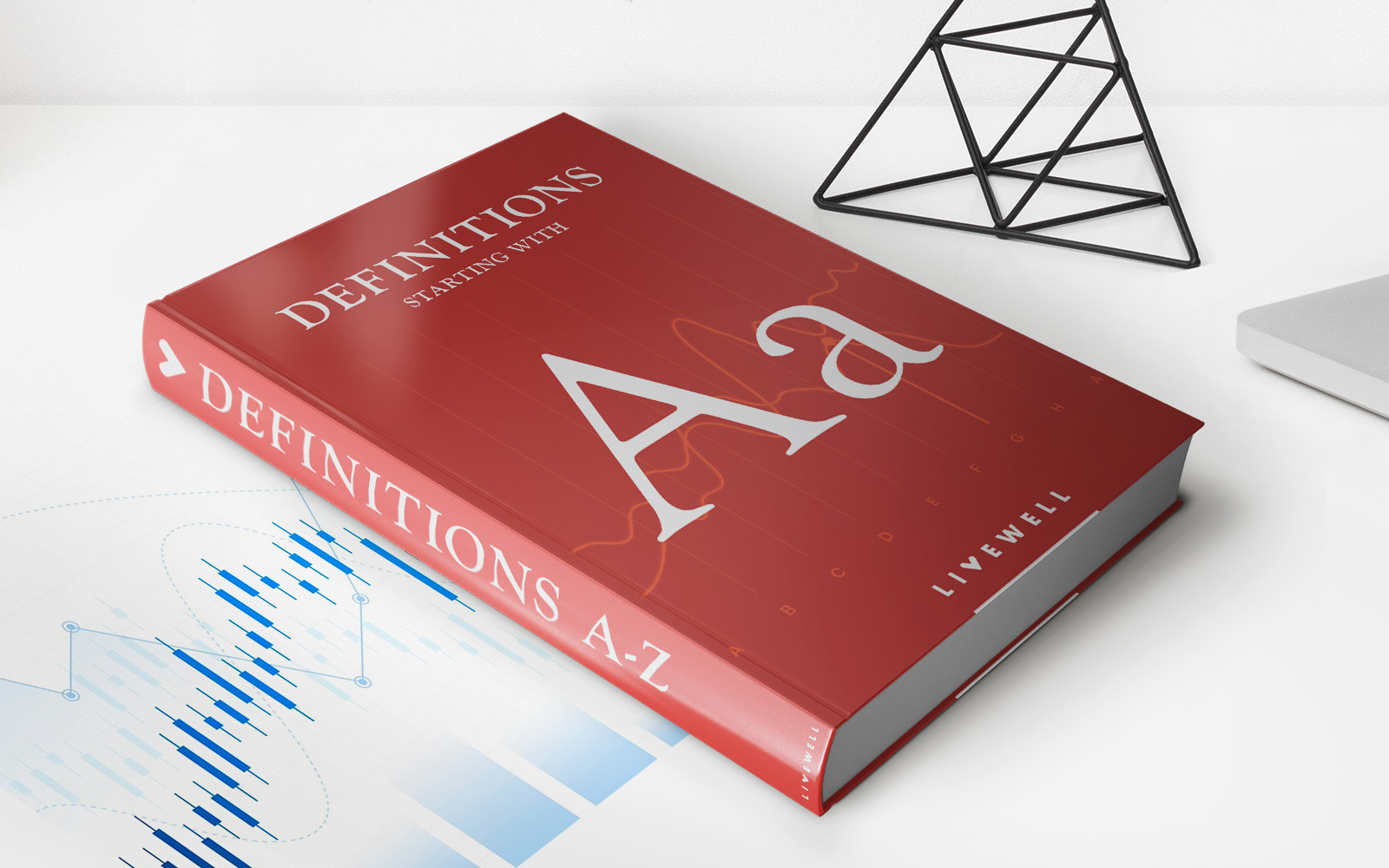Home>Finance>Deposit Interest Rate: Definition, Fixed Vs. Variable
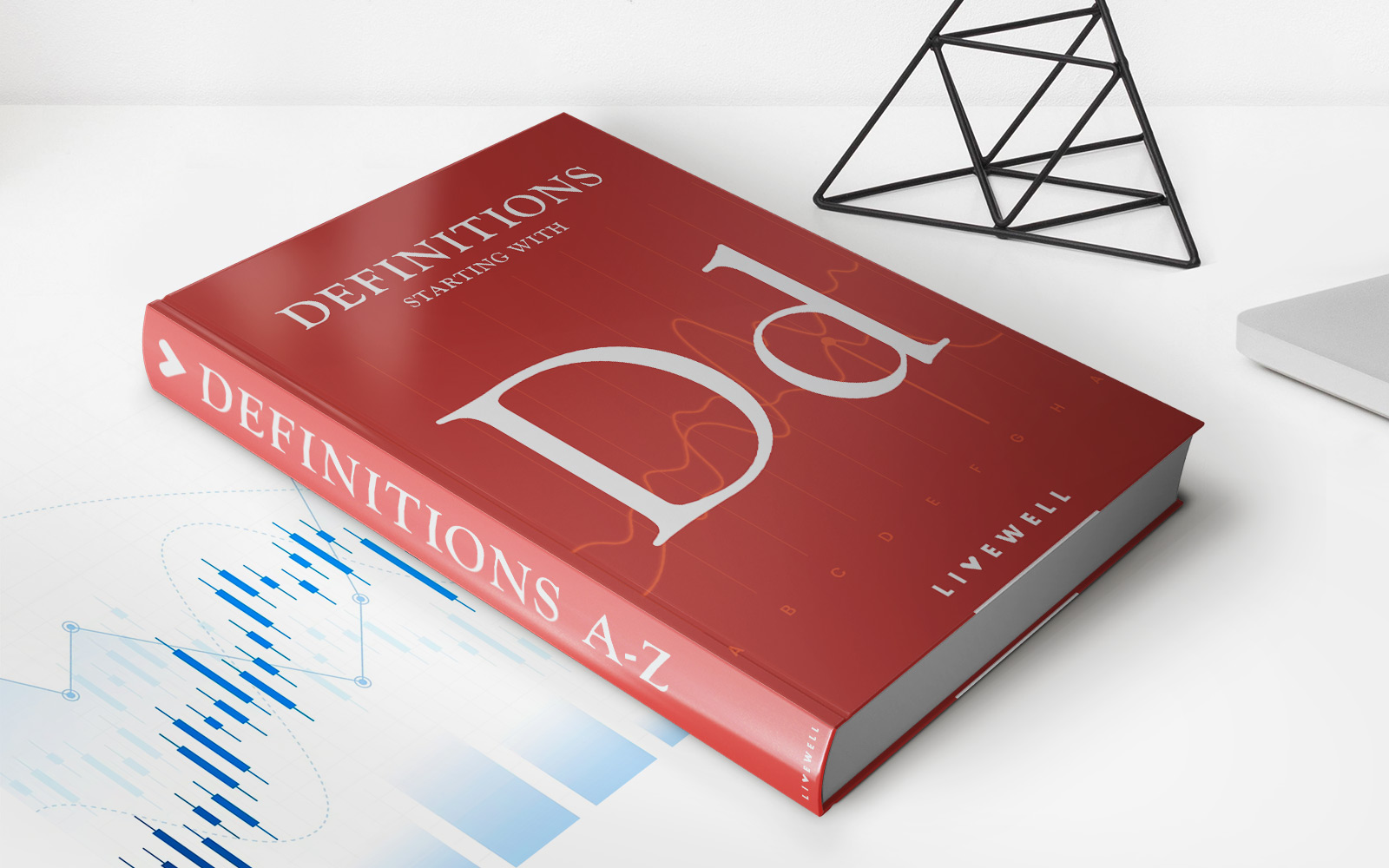

Finance
Deposit Interest Rate: Definition, Fixed Vs. Variable
Published: November 10, 2023
Learn about deposit interest rates in finance, including the definition and the difference between fixed and variable rates. Make informed decisions for your financial future.
(Many of the links in this article redirect to a specific reviewed product. Your purchase of these products through affiliate links helps to generate commission for LiveWell, at no extra cost. Learn more)
Deposit Interest Rate: Definition, Fixed Vs. Variable
Welcome to our “Finance” category, where we cover a wide range of topics to help you make informed decisions about your financial future. In today’s post, we will be diving into the world of deposit interest rates and the key differences between fixed and variable rates. Whether you’re starting to save or looking to invest, understanding the ins and outs of deposit interest rates is essential.
Key Takeaways:
- Deposit interest rates determine the return you will receive on your savings or investment
- Fixed interest rates remain constant over a specific period, while variable rates can fluctuate based on market conditions
Let’s start by defining deposit interest rates. Simply put, these rates represent the interest earned on money deposited in a financial institution, such as a bank or credit union. When you deposit money, the institution pays you interest as an incentive to keep your funds with them. Now, let’s explore the differences between fixed and variable deposit interest rates:
Fixed Interest Rates
With a fixed interest rate, the rate remains constant for a predetermined period, usually ranging from a few months to several years. This stability allows you to accurately calculate how much interest you will earn over the agreed term. Here are some key advantages and considerations of fixed interest rates:
- Advantages:
- Predictability: You know exactly how much interest you will earn during the term
- Protection from rate fluctuations: If market interest rates go down, your fixed rate remains unchanged
- Considerations:
- Limited flexibility: Once you commit to a fixed rate, you may not have the option to change it until the term ends
- Missed opportunities: If market rates rise, you may not be able to take advantage of the higher rates until your fixed term is over
Variable Interest Rates
Unlike fixed interest rates, variable rates can change periodically, often influenced by economic factors and decisions made by the central bank. Here are some important aspects to consider when dealing with variable interest rates:
- Advantages:
- Flexibility: Your rate and interest earnings can increase if market interest rates rise
- Potential for lower rates: If market interest rates decline, your variable rate can decrease, reducing your interest expense
- Considerations:
- Unpredictability: Variable rates can change without notice, making it challenging to forecast future interest earnings
- Higher risk: Fluctuating rates can expose you to potential interest expense increases if market rates rise
In summary, deposit interest rates play a significant role in determining the return on your savings or investment. Fixed rates offer stability and predictability, while variable rates provide flexibility and the potential for higher or lower rates depending on market conditions. It’s important to evaluate your financial goals, risk tolerance, and the current economic climate when deciding which type of interest rate is most suitable for you.
We hope this post has helped shed some light on the differences between fixed and variable deposit interest rates. Remember, ultimately, it is essential to do your own research and consult with a financial advisor or professional to find the best option that aligns with your specific needs and goals. Stay tuned for more informative posts in our “Finance” category, where we provide valuable insights into various financial topics!


